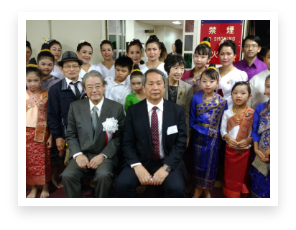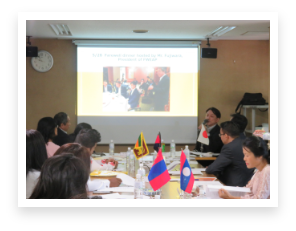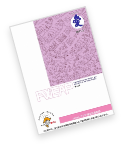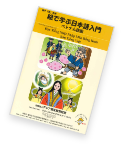In April 2021, the Foundation for the Welfare and Education of the Asian People (FWEAP) started a supplementary program to support the studies of refugee children living in Chiba Prefecture at elementary and junior high schools in cooperation with “Support 21 Social Welfare Foundation.”
The Refugee Assistance Headquarters (RHQ), which is a part of the FWEAP, has been entrusted by the Government of Japan to support resettled refugees* in Japan since 2010. The RHQ implements a 6-month settlement support program that includes Japanese language education for refugees and their family members who have arrived in Japan. After refugees have settled in Japan, the RHQ continues to provide detailed support in cooperation with local governments and employers. Nevertheless, some refugee children find it difficult to keep up with their classes at Japanese elementary and junior high schools due to language barriers. In order to respond this issue, as a pilot project, the FWEAP launched to provide supplementary classes for resettled refugees' children living in Chiba Prefecture by providing financial aid to Support 21, which has experience in offering learning support to children who are foreign nationals.
* Resettlement refers to the transfer of refugees who have received temporary protection at a foreign refugee camp in an asylum country to another state that has agreed to admit them and to grant them protection or long-term residence rights.
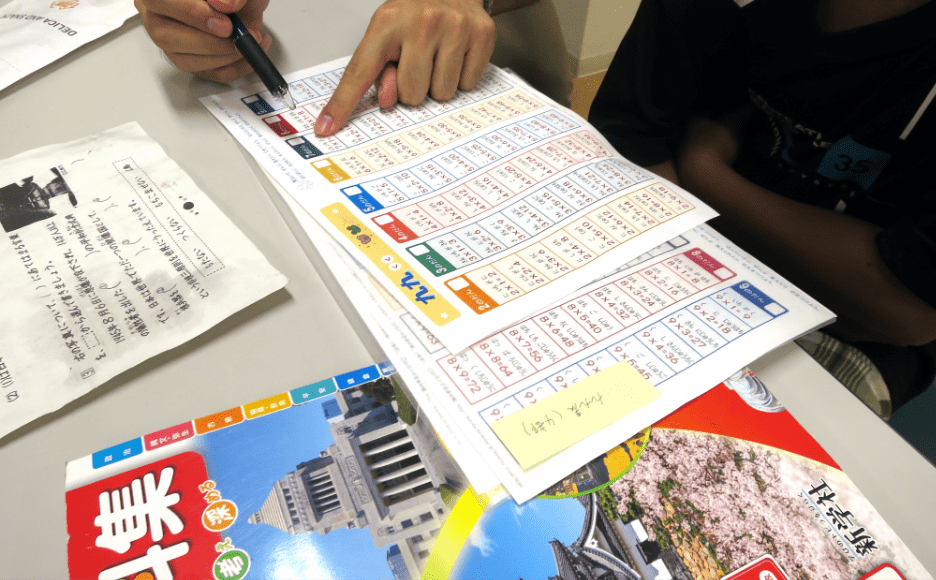
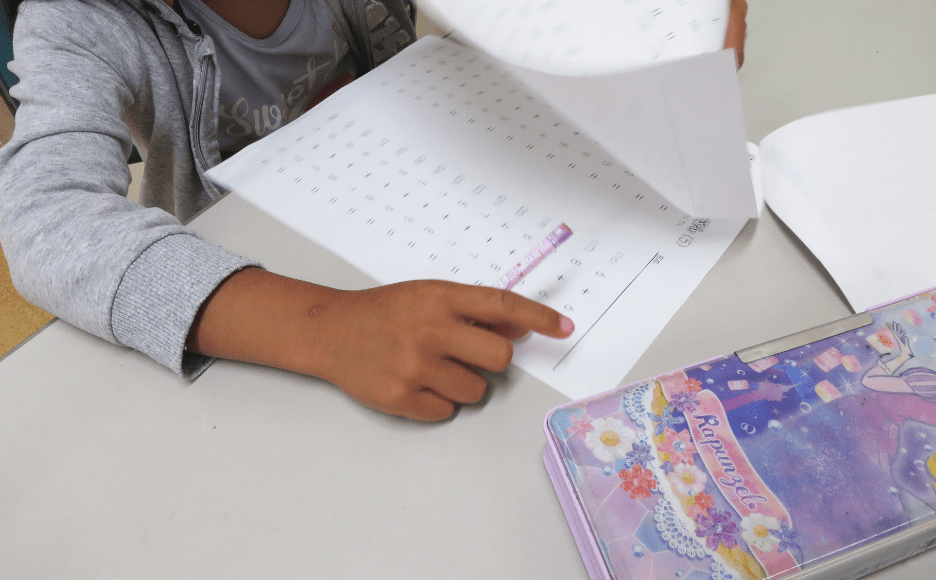
In these supplementary classes, refugee settlers' children who are students at elementary and junior high schools gather after school on weekdays as well as on Saturdays. Under instructors' guidance, they work on their homework and prepare and review for classes.
This program aims to
- ①help refugee children develop proper learning habits and keep up with their school studies and
- ②develop independent study habits at home.
The FWEAP staff in charge participate in a monthly educational consultation with the children's parents.
In these supplementary classes, refugee settlers' children who are students at elementary and junior high schools gather after school on weekdays as well as on Saturdays. Under instructors' guidance, they work on their homework and prepare and review for classes. This program aims to ① help refugee children develop proper learning habits and keep up with their school studies and ② develop independent study habits at home. The FWEAP staff in charge participate in a monthly educational consultation with the children's parents.



